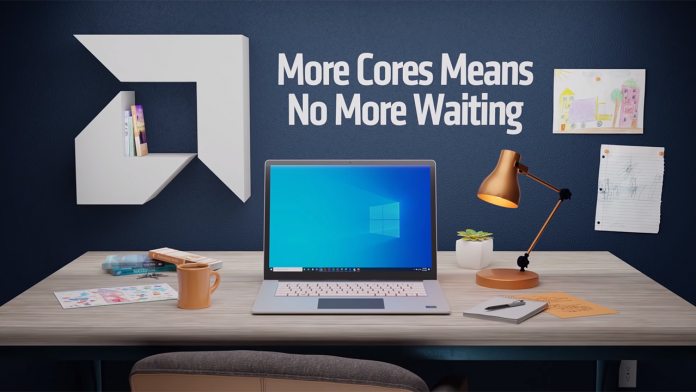“We’ve moved all the way up to as much as 18 hours with our new Ryzen product,” Bergman said at a financial analyst briefing in San Fransico, according to PCWorld. Before you get too excited, it’s worth noting that there’s a lot of unknown factors in his statement. Unlike formal benchmarks, we don’t know the battery size of the test device, its workload, other crucial information. Asus says its ROG Zephyrus laptop (the one with the funky LEDs on the back) reaches 10 hours with the 4800HS. That’s a far cry from 18, but it is a gaming-focused device. While far from definitive, the ambitious comments from Bergman give us some hope that Ryzen mobile won’t continue the trend of average to below-average battery life. With the touted performance improvements to boot, AMD could be looking at a serious contender for the Intel-dominated ultrabook market. Ultimately, we’re going to have to wait until press get their hands on devices for verification. If I had a dollar for every time an OEM made misleading battery life claims, I’d be richer than Bill Gates. Speaking of, it’ll be interesting to see what’s in the Microsoft Surface Book 3. Previously leaked benchmarks suggest a 10th gen Intel processor, but we’ve seen multiple variants before. Rumors peg it for a release this spring, but who knows what will happen with coronavirus delays.




